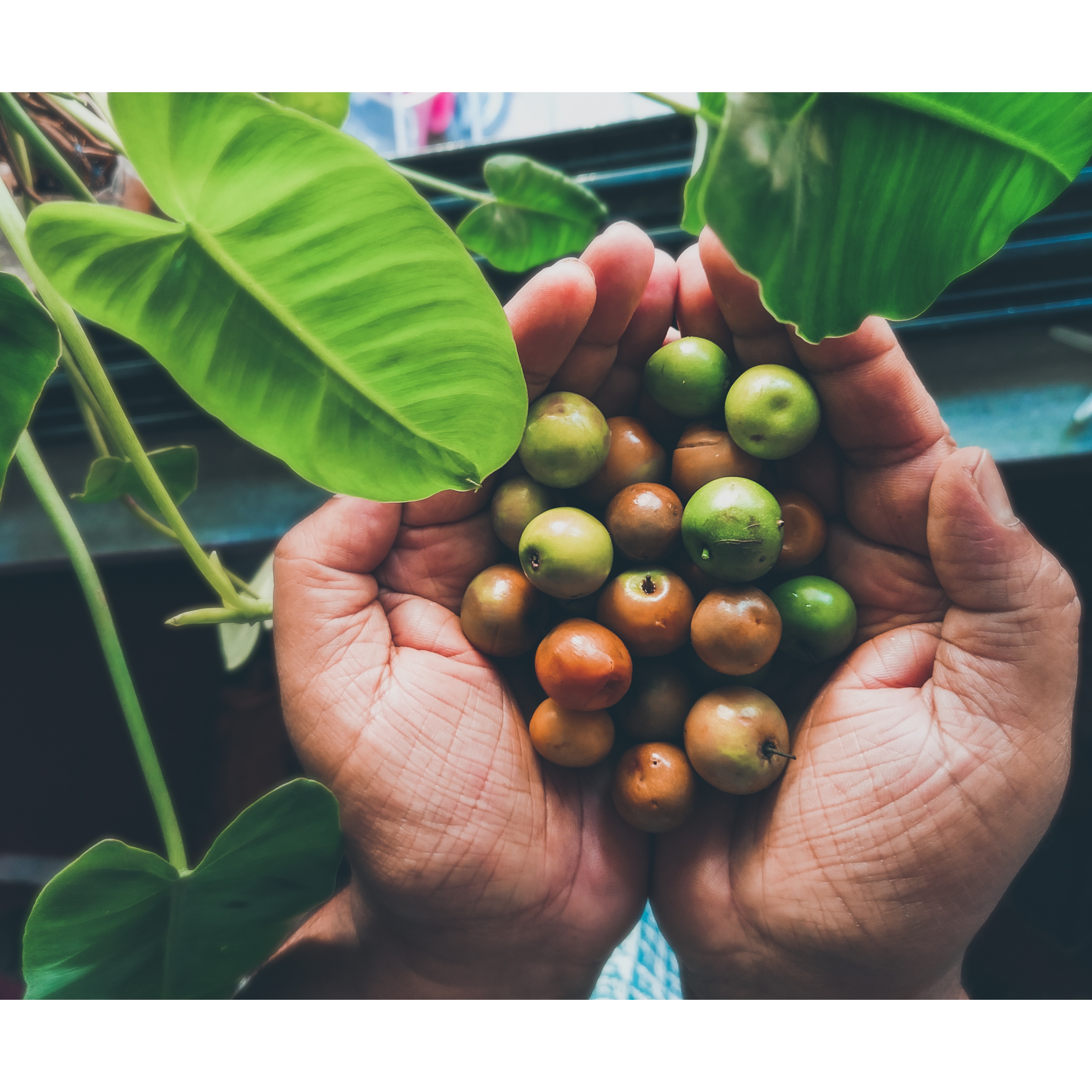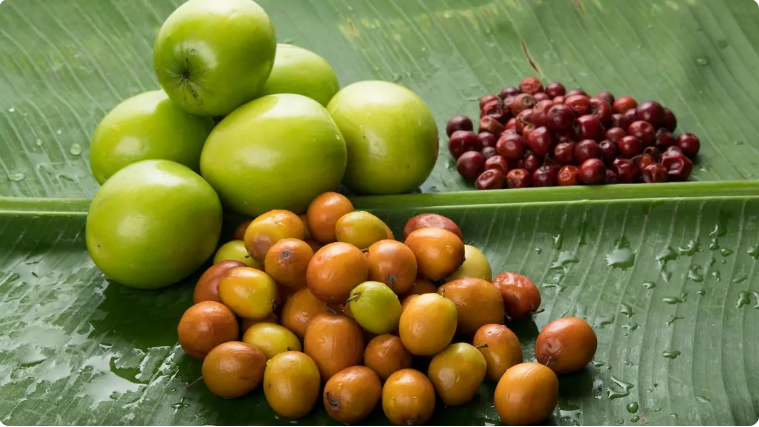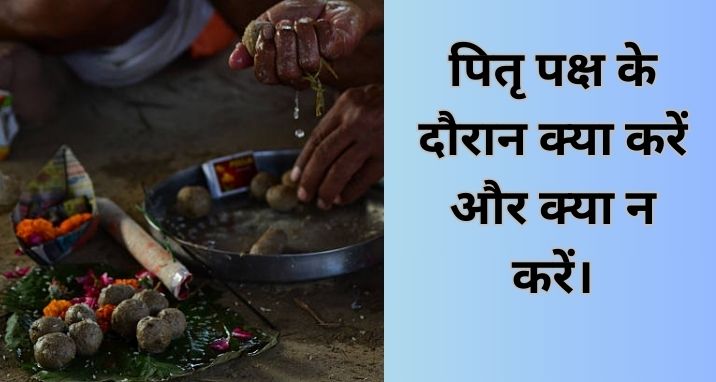Why Do We Not Eat Jujube Before Saraswati Puja?

Saraswati Pooja is dedicated to Goddess Saraswati. It is observed on the Panchami (5th day) of the month of Magh (according to the Sanatan Hindu Calendar), which generally falls in January or February. It is said that it is the day of the birth of the goddess.
Also known as Basant Pachmi, Saraswati Puja marks the preparation for the arrival of the spring season. In different parts of the country, people celebrate this occasion in different ways. For instance, in Punjab, people wear yellow and eat yellow rice. In other parts, especially Bengal, people widely wear yellow dresses and also prohibit the consumption of the ber or Jujube before the pooja.
Jujube has a lot of mention in our texts from Brahmanas, Samhitas and of course the famous story in Ramayana. In Ramayana, shabri a devotee of Bhagwan Rama, feeds him wild jujube, after testing it herself to make sure that the Shri Ram gets to eat the one which is completely ripened.
Even Bhagwan Vishnu, the god of the jujube tree, is often called badri or badara in Sanskrit.
Despite these significances, the consumption of jujube is prohibited before Saraswati puja.
Let’s see why:

- To offer it first to the goddess herself: Even though the fruit is available in the market, people generally wait to offer it first to the Goddess Saraswati on Basant Panchami Day.
- There is a saying in Bengal, “Saraswati Pujor aage kul khele, Maa Saraswati raag korben, tora porikkha e golla pabi” (it means if you consume jujubes before Saraswati puja, you will certainly face her wrath and consequently fail your exams) It is said that Goddess Saraswati and the Bhagwan Shiva are especially fond of this fruit.
- Also, it is offered as prasad, and prasad is distributed among devotees only after the completion of puja. In some places, the traditional kuler achaar or baer pickle is prepared after the pooja in the evening.
- Besides, some people observe fasts on this day and thus refrain from consuming the fruit.
- Jujube is a spring fruit and eating unripe jujube can cause a cough, cold and sore throat. It tastes sour and astringent. However, as the weather is somewhat chill after the Saraswati pooja, it is considered ideal to consume it then. So, even scientifically, the claim holds its grounds.
These are the reasons why people do not consume the fruit and have to practise a tradition.
Significance of Saraswati Puja
It is one of the most auspicious days in Hinduism, even for people of different sects and regions owing to the following reasons:
- Maa Saraswati is the epitome of knowledge and learning. Students perform this to acquire more knowledge and get better grades on exams. It removes all hurdles in one’s career.
Besides, one gains the ability to thrive in the field of music and arts as well.
- It enhances the ability to focus deeply, thus helping one achieve true mastery in his pursuit.
- It is of special importance to people in pursuing a career in vocals, as the devotee is blessed with the divine power of speech.
- There is a popular practice of “Haate Khori” in Bengal. This is a tradition of making children (in Bengal and many other Eastern Indian states) who are about to start their academic journey (in the age group of 2 to 5 years) to sit in front of the Maa Saraswati idol or photo and write initials of some alphabets under the guidance of priests or guru. This practice has been followed for ages on Saraswati puja day. Some make the child write ‘OM’ or ‘Namah’. It is believed, that if a child writes in front of the Goddess Saraswati, he or she will be blessed by her and will do well in education and career since she is the Goddess of knowledge, wisdom and education.
For more insight into the festivals of Bharat and Sanatan Hindus and how to observe them, you can talk to our astrology experts here.









